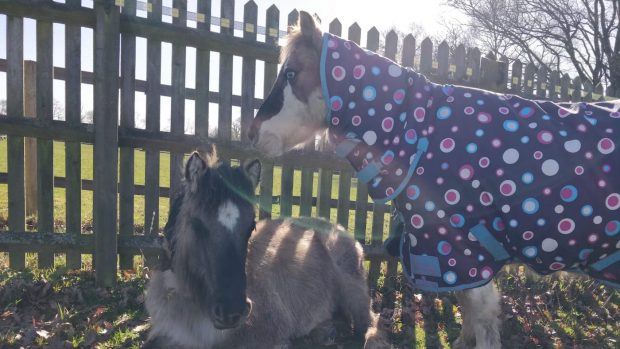Scientists at Liverpool Veterinary School appeal for funds to develop a blood test, which could help prevent deaths from ragwort poisoning
Researcher scientists at the Liverpool Veterinary School are trying to raise £90,000 to help develop a blood test, which could save hundreds of horses dying each year from ragwort poisoning.
The team, led by Dr Derek Knottenbelt, is being supported by feed merchants, Dodson & Horrell. Dr Knottenbelt says ragwort poisoning has reached epidemic proportions, mainly because “people have lost the will to get rid of it”.
“Clincial symptoms may not appear for a few years by which time it’s too late,” he said.
He has found a test, first explored 20 years ago, which could now be developed with new technology to provide a way of detecting signs that a horse has digested ragwort.
“It would give owners time to change feed or move their horse to another field.”
Dr Knottenbelt says heneeds funds to conduct trials over the next year, which would involve vets across the country sending blood samples from sick animals.
He believes it should be possible to set up a commercial system within two years whereby a proportion of horses in any one yard could be tested every three months.
For more information contact Dodson & Horrell (tel: 01832 737300).
The National Equine Welfare Council is holding a ragwort seminar “The Scourge of Ragwort” at Salter’s Hall in London on 25September, at which Dr Knottenbelt will be speaking. Enquires (tel: 01295 310060).

